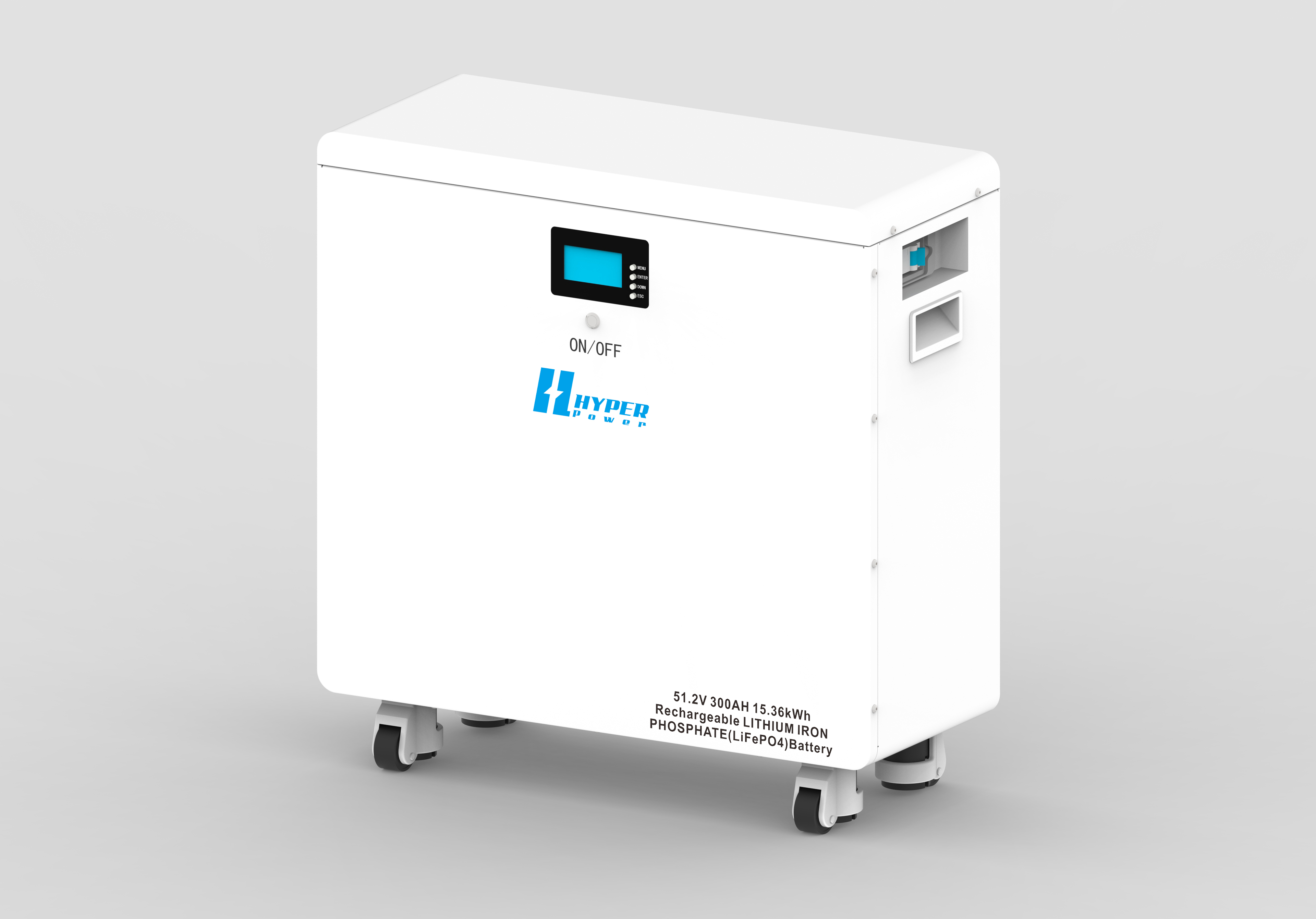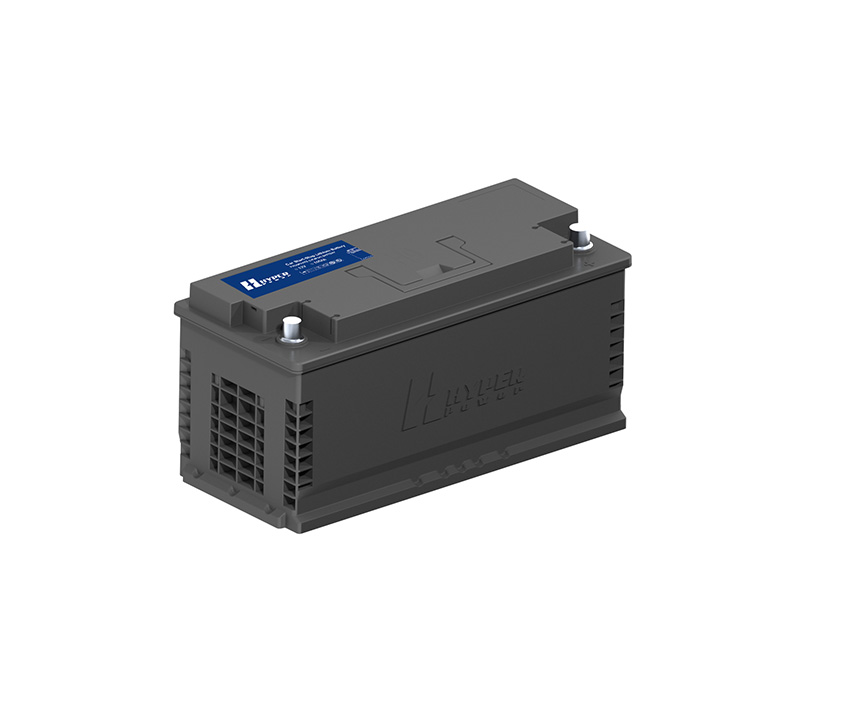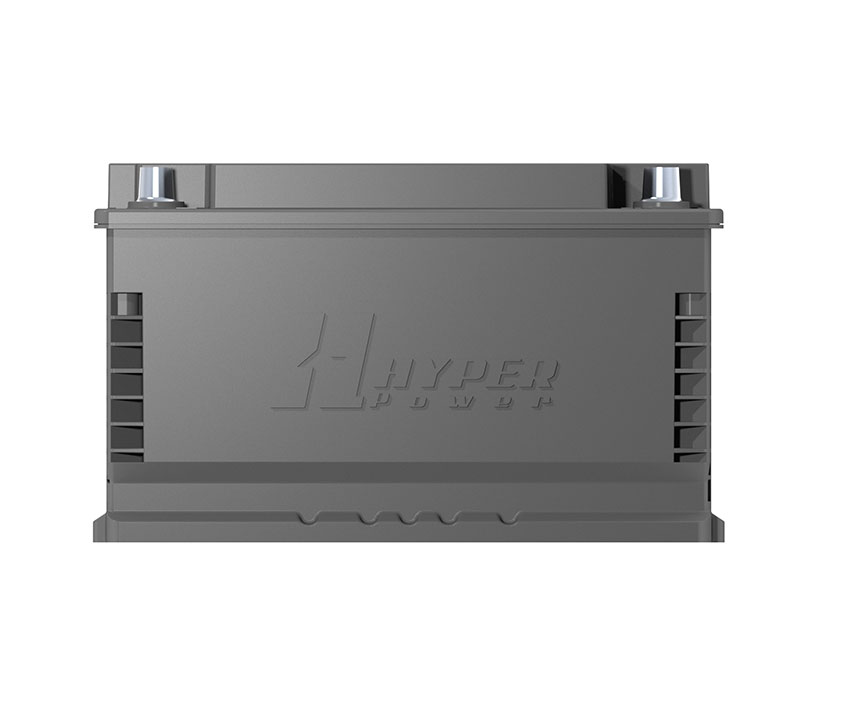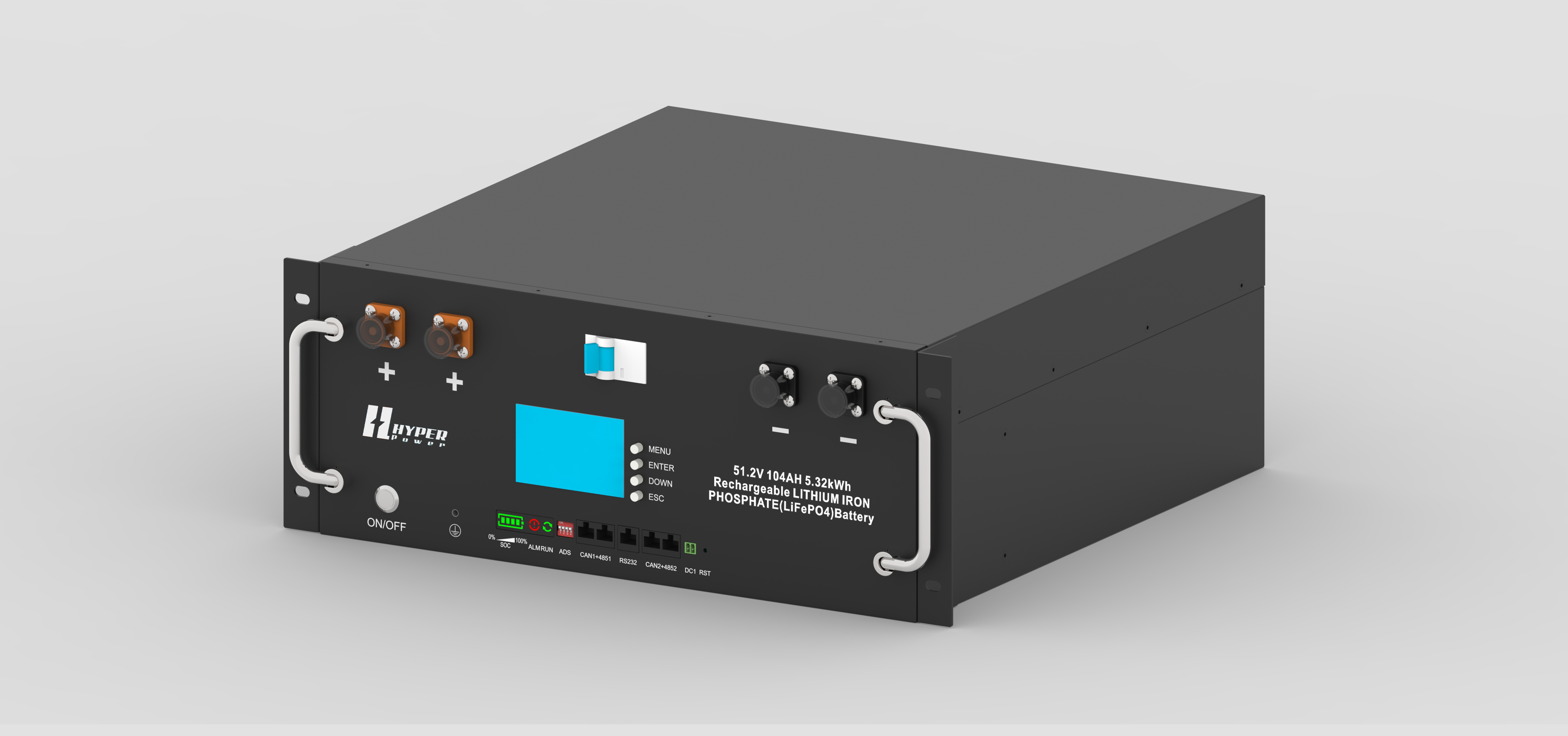Lithium Ion Battery for Vehicles: Key to the Future of Electric Mobility
Explore how lithium ion batteries power the future of electric vehicles with high energy density, fast charging, and long cycle life for sustainable mobility.
Introduction: The Evolution of Vehicle Power Sources
As the global automotive industry shifts toward sustainable transportation, lithium ion batteries have emerged as the cornerstone of modern electric vehicles (EVs). Their high energy density, long lifespan, and efficiency make them superior to traditional lead-acid or nickel-metal hydride batteries. Understanding the role and advantages of lithium ion battery technology is crucial for both consumers and manufacturers navigating this green transition.
What Are Lithium Ion Batteries for Vehicles?
Lithium ion batteries are rechargeable power sources that use lithium ions as the primary charge carrier. Unlike conventional batteries, they provide significantly higher energy per unit weight and charge faster. In automotive applications, these batteries power everything from fully electric cars to plug-in hybrid vehicles, supporting critical functions such as propulsion, climate control, and onboard electronics.
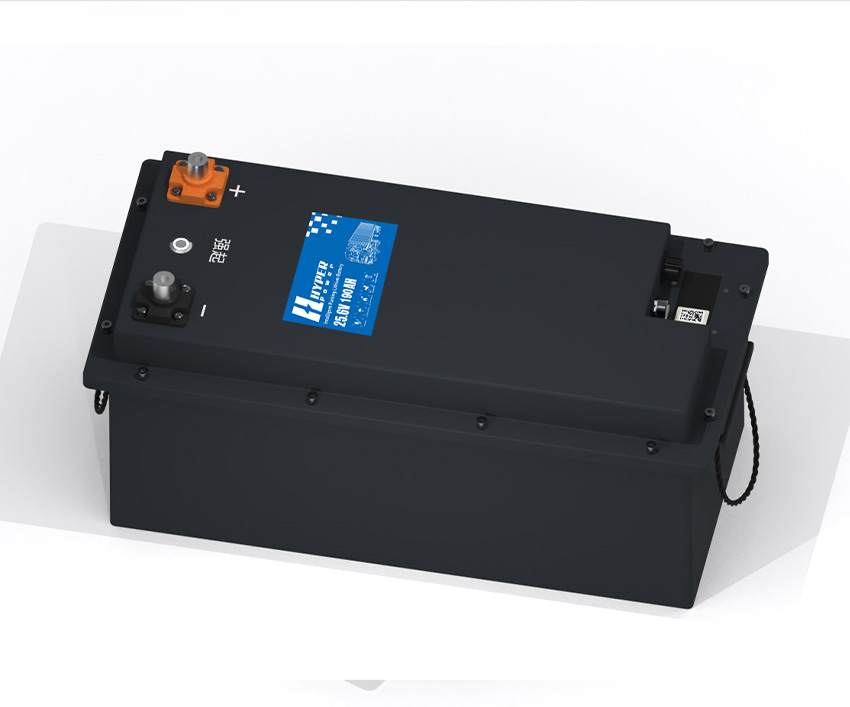
Advantages of Lithium Ion Batteries in Electric Vehicles
Advantage |
Explanation |
|---|---|
| High Energy Density | Lithium ion batteries store more energy per unit of weight, enabling electric vehicles to travel longer distances on a single charge. |
| Fast Charging Capability | Many EV lithium ion batteries can reach 80% charge in under 30 minutes using rapid chargers, greatly improving convenience for daily use. |
| Low Self-Discharge Rate | These batteries retain their charge well over time, making them reliable even when vehicles are not used frequently. |
| Long Lifespan | With proper battery management, lithium ion batteries can last between 8 to 15 years, reducing the need for frequent replacement. |
| Lightweight Structure | Compared to lead-acid or nickel-based batteries, lithium ion variants are much lighter, which improves overall vehicle efficiency. |
| Environmental Benefits | When powered by clean energy, EVs with lithium ion batteries help reduce greenhouse gas emissions and air pollution. |
| High Efficiency | Lithium ion batteries convert a higher percentage of electrical energy into usable power, which improves vehicle performance and energy savings. |
| Low Maintenance Requirement | Unlike some older battery types, lithium ion batteries require little maintenance, making them easier for everyday use. |
| Scalability and Flexibility | These batteries can be scaled for different vehicle types—from compact cars to trucks—due to their modular and customizable design. |
Innovations in Lithium Ion Battery Technology
Recent advancements in battery chemistry and cell design have significantly enhanced safety and efficiency. Solid-state lithium ion batteries, for instance, use solid electrolytes instead of liquid ones, reducing fire risk and increasing energy density. Additionally, innovations such as cobalt-free cathodes and silicon-anode materials are reducing environmental impact and boosting performance.
Battery management systems (BMS) also play a vital role in ensuring battery health by regulating temperature, voltage, and charging cycles. These smart systems maximize battery efficiency and lifespan, which is particularly critical for fleet vehicles or long-distance transportation.
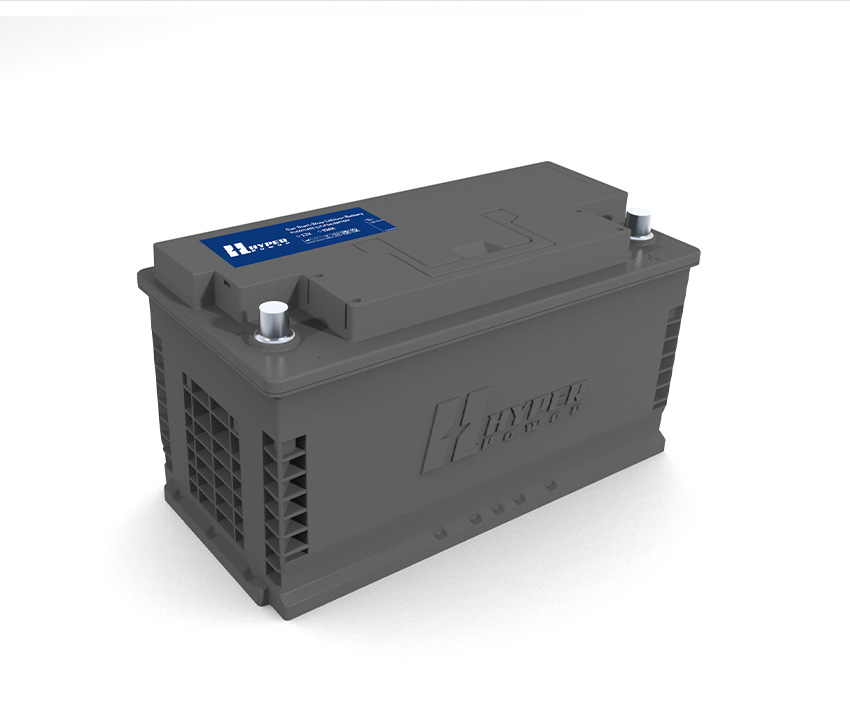
Challenges in Adoption and Scalability
Despite their benefits, lithium ion batteries face challenges related to raw material sourcing, cost, and recycling. Lithium, cobalt, and nickel are finite resources, and their mining raises environmental and ethical concerns. Manufacturers are investing in sustainable mining practices and exploring alternatives like sodium-ion technology, but widescale transition takes time.
Recycling remains another pressing issue. End-of-life batteries must be properly dismantled and processed to recover valuable materials. Developing a circular battery economy is essential to making EVs truly sustainable in the long term.
Market Trends and Future Outlook
Global demand for lithium ion batteries in vehicles is projected to rise sharply, with EV adoption accelerating across Asia, Europe, and North America. Governments are incentivizing EV purchases through subsidies and infrastructure development, further fueling demand.
Automakers are also forming strategic partnerships with battery manufacturers to secure supply chains and invest in gigafactories. As economies of scale bring down prices, lithium ion batteries will become more accessible to the mass market.
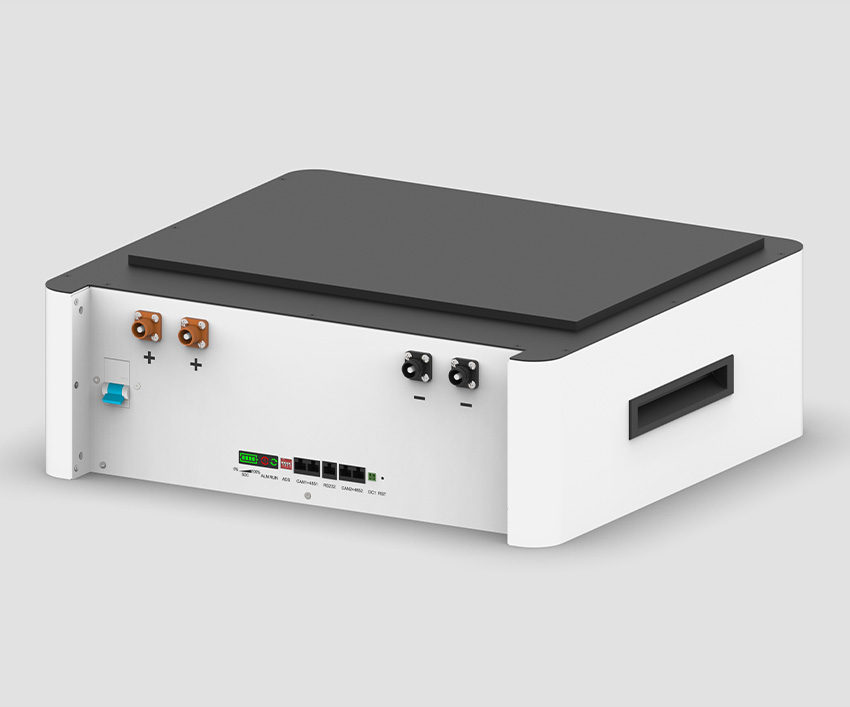
FAQs
Q1: How long do lithium ion batteries last in electric vehicles?
A: Most EV lithium ion batteries last between 8 to 15 years depending on usage, charging habits, and environmental conditions.
Q2: Are lithium ion batteries safe?
A: Yes, when equipped with proper thermal and voltage management systems, lithium ion batteries are very safe. Newer designs like solid-state batteries further reduce risks.
Q3: Can lithium ion batteries be recycled?
A: Yes, although recycling infrastructure is still developing, most components like lithium, cobalt, and nickel can be recovered and reused.
Q4: What makes lithium ion batteries better than lead-acid?
A: Higher energy density, lighter weight, longer lifespan, and faster charging capabilities make lithium ion batteries superior for EV use.
Blog

Maximizing Energy Independence with Home Lithium Battery Storage

How Residential Photovoltaic Energy Storage Systems Empower Sustainable Homes
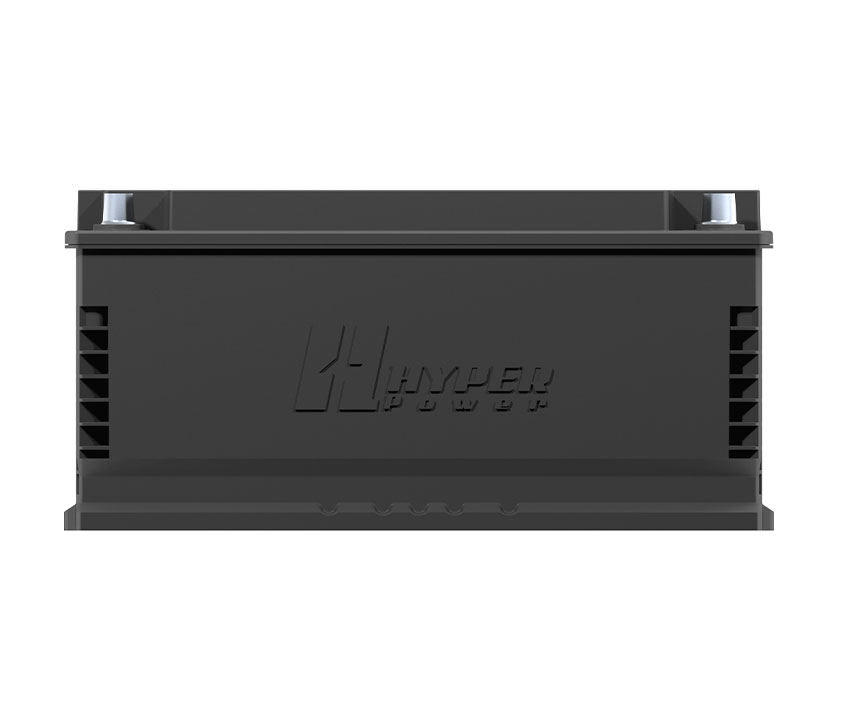
Why the 12V Lithium Ion Car Battery is the Smarter Automotive Power Solution — Insights from JEJE Energy
